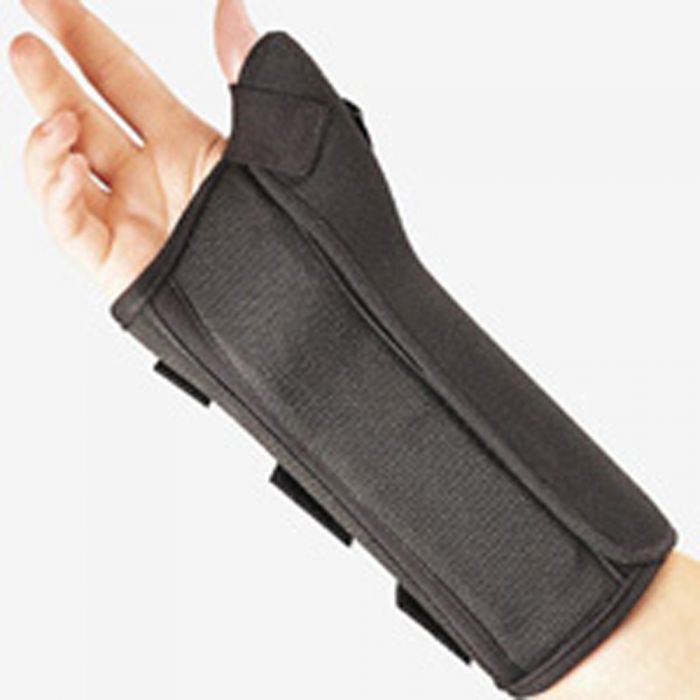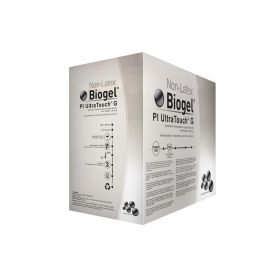Description
Ages: 4-0 through 11-11 years
Testing Time: 30-50 minutes
Administration: Individual
The TEWL-3 is a revision of the widely used Test of Early Written Language-Second Edition. It includes two forms, each with a Basic Writing and a Contextual Writing subtest. The TEWL-3 is suitable as an individual assessment instrument for children ages 4-0 to 11-11. The TEWL-3 provides standard score indexes (M = 100, SD = 15) for age and grade percentiles, and age and grade equivalents.
The selection of items and the development of the subtests are grounded in the available research literature and other evidence of developing literacy ability, including curriculum guides and classroom activities. Item types were selected only if recognized experts in the field have related them to developing literacy abilities. Though using a different format, the TEWL-3 is a companion to the TOWL-4 and extends the assessment range to younger children.
TEWL- 3 Subtests and Composite
Basic Writing. This subtest consists of 70 items that are scored 0, 1, or 2. All items are presented according to increasing difficulty. This subtest measures a child's understanding about language and his or her ability to use the writing tools of language. Included in this understanding is metalinguistic knowledge, directionality, organizational structure, awareness of letter features, spelling, capitalization, punctuation, proofing, sentence combining, and logical sentences. The Basic Writing subtest can be administered independently or in conjunction with the Contextual Writing subtest. Age-based norms are provided for children from ages 4-0 through 11-11. Grade-based norms are provided for Grades 2 through 6.
Contextual Writing. This subtest consists of 20 items that are scored 0 to 3. Two sets of pictures are provided, one for younger children (ages 5-0 through 6-11) and one for older children (ages 7-0 through 11-11). This subtest measures a child's ability to construct a story when provided with a picture prompt. The subtest measures story format, cohesion, thematic maturity, ideation, and story structure. A detailed, expanded scoring guide is provided to assist in scoring the Contextual Writing subtest. This subtest can also be administered independently or in conjunction with the Basic Writing subtest. Age-based norms are provided for children ages 5-0 through 11-11. Grade-based norms are provided for Grades 2 through 6.
Overall Writing. The Overall Writing index combines the index scores from the Basic Writing and Contextual Writing subtests. It is a measure of the child's overall writing ability; students who score high on this quotient demonstrate strengths in composition, syntax, mechanics, fluency, cohesion, and the text structure of written language. This score can only be computed if the child completes both subtests and is at least 5 years of age.
Normative Characteristics
The TEWL-3 norms represent more than 2,085 children from 30 states and British Columbia, Canada. Characteristics of the normative group correspond to those for the 2010 census data relative to geographic region, gender, ethnicity, Hispanic status, household income, educational attainment of parents, and exceptionality status. Item sequence was determined by item difficulty and item discrimination.
TEWL-3 Reliability
- For age and grade, internal consistency reliability (alpha) coefficients of all scores meet or exceed .90 for all ages, with most meeting or exceeding .95.
- For alternate form reliability, only 4 of 42 coefficients do not meet or exceed .90. Of the four, all are in the mid to high 80s.
- Stability reliability of all scores approximates or exceeds .90.
- Across all forms of reliability, the reliability of the composite index is in the mid to high 90s.
TEWL- 3 Validity
- Extensive content validity data are presented.
- Criterion-prediction validity is evidenced by correlations with, and comparison of means and standard deviations of, the Woodcock-Johnson III, the Wechsler Individual Achievement Test- Second Edition, and the 6 + 1 Writing Trait Rubric.
- Using the TEWL-3 to predict scores on the Woodcock-Johnson III and the Wechsler Individual Achievement Test- Second Edition resulted in sensitivity indexes of .86 and .91 respectively, specificity indexes of .89 and .88, and ROC/AUC of .96 and .96. Classification accuracy was .88 for both tests.
- Construct-identification validity is presented based on correlations with age, grade, cognitive ability, achievement, and group discrimination, and on the correlation of individual test items with total test scores.
New features of the TEWL- 3:
- Two forms (Form A and Form B) are now available with item prompts in color.
- All new contextual writing prompts are provided.
- The total number of items was increased to 70 for the Basic Writing subtest and to 20 for the Contextual Writing subtest.
- Expanded age ranges now cover ages 4-0 through 11-11.
- Revised scoring for the Contextual Writing items is included, and instructions for both subtests were made more specific and detailed.
- Data are matched to census projections for 2010 and 2015.
- The results of differential item functioning analysis are reported suggesting no biased items.
COMPLETE TEWL-3 KIT INCLUDES: Examiner's Manual, 10 Administration/Record Booklets (Form A), 10 Administration/Record Booklets (Form B), 10 Student Workbooks (Form A), 10 Student Workbooks (Form B), and 3 Picture Cards, all in a sturdy storage box.
2012 Previous Edition: #7675





